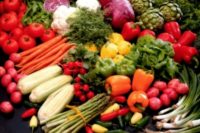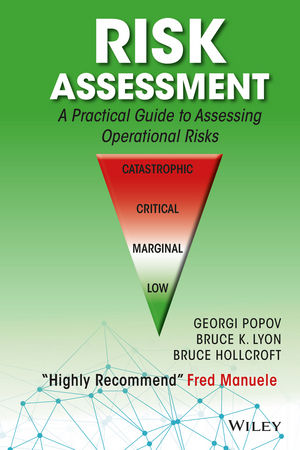 Strokes don't usually come out of the blue. True, nobody can predict the precise time when a stroke will strike. But more than two dozen factors make it more likely a person will suffer a stroke.
Strokes don't usually come out of the blue. True, nobody can predict the precise time when a stroke will strike. But more than two dozen factors make it more likely a person will suffer a stroke.
Some things you can't do much about, like age and family history of stroke. But even when an underlying medical condition puts you at risk, you might be able to do something about it.
"Stroke is potentially one of the most devastating illnesses that we see, and it's especially tragic when simply taking good care of one's blood pressure or some other preventive measure might have averted it," says Thomas Lee, MD, co-editor in chief of the Harvard Heart Letter.
If you already have had a stroke or mini-stroke (a transient ischemic attack, or TIA), cutting your stroke risk isn't so much an option as a lifeline. Sadly, far too many people who've suffered a stroke or heart attack don't heed the warning. Don't be one of them.
Eliminate lifestyle stroke risks
Smoking is the No. 1 risk factor for stroke. What's more, smoking makes just about all your other stroke risks worse. If you smoke cigarettes, you know what you need to do. Nothing will help you prevent a stroke more than quitting.
Other important ways to lower your odds of having a stroke:
- Lose weight. Get down to what your doctor considers a healthy weight for you.
- Drink less alcohol. If you drink, keep it moderate (that's no more than two drinks a day for a man, no more than one a day for a woman), and remember that a drink is only an ounce and a half of liquor, 5 ounces of wine, or 12 ounces of beer. And no bingeing on weekends, even if you don't drink at all on weekdays.
- Consume less sodium (salt). Limit sodium to no more than 2,300 mg per day—and to no more than 1,500 mg per day if you're over age 51, African American, or have diabetes, kidney disease, or certain other chronic conditions.
- Eat a healthy diet. Cut way back on saturated fat, total fat, and cholesterol, but don't be afraid of foods with healthy unsaturated fats. Eat less sugar and red meat. Vegetables, fruits, fat-free or low-fat dairy, whole grains, fish, poultry, beans, seeds, and nuts should be your mealtime mainstays.
- Exercise. Are you sitting down? Get up! Your couch may be one of your biggest stroke risks. Find kinds of physical activity you enjoy. Talk with your doctor about how much exercise is right for you. Spend less time in front of screens and more time walking.
Reduce medical stroke risks
Many underlying medical conditions add to your risk of stroke. By keeping these conditions under control, you minimize that increased risk.
"It's now clear that many of these measures also reduce your risk of heart disease and other medical problems, so they make sense for virtually everyone," says Dr. Lee.
- High blood pressure. Most people can control high blood pressure by eating a low-salt diet with plenty of vegetables and fruits, by getting regular exercise, and by taking blood pressure medications exactly as prescribed.
- High cholesterol and atherosclerosis. High cholesterol levels build up fatty plaques that reduce blood flow in the arteries—a condition called atherosclerosis, which can lead to a stroke. If diet and exercise don't bring your cholesterol levels down far enough, your doctor may prescribe cholesterol-lowering drugs that can significantly cut your stroke risk.
- Atrial fibrillation. "A-fib" is an important cause of stroke, and unfortunately it tends to cause larger strokes. Treatment with medications that prevent blood clots reduces this risk. "Many people with atrial fibrillation who would benefit from blood-thinning medications are not being treated," warns Dr. Richard Lee, co-editor in chief of the Harvard Heart Letter. "This is especially true for people with paroxysmal atrial fibrillation—this is when the atrial fibrillation occurs once in a while, and not all the time. They should be treated as if they had atrial fibrillation all the time."
- Diabetes. Diabetes quadruples stroke risk. Two-thirds of people with diabetes eventually die of a stroke or heart attack. For people with type 1 diabetes, close monitoring of blood sugar and careful insulin use helps reduce risk of complications. Those with type 2 diabetes, in addition to diet and exercise, may need metformin (Glucophage, others) or other diabetes drugs. Managing high cholesterol and high blood pressure is extremely important for people with diabetes.
Harvard Health Publications, Harvard Medical School HEALTHbeat www.health.harvard.edu/newsletters/Harvard_Heart_Letter/2013/August/



